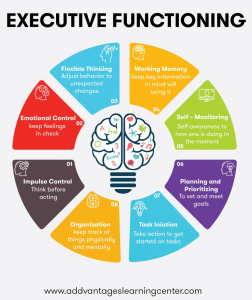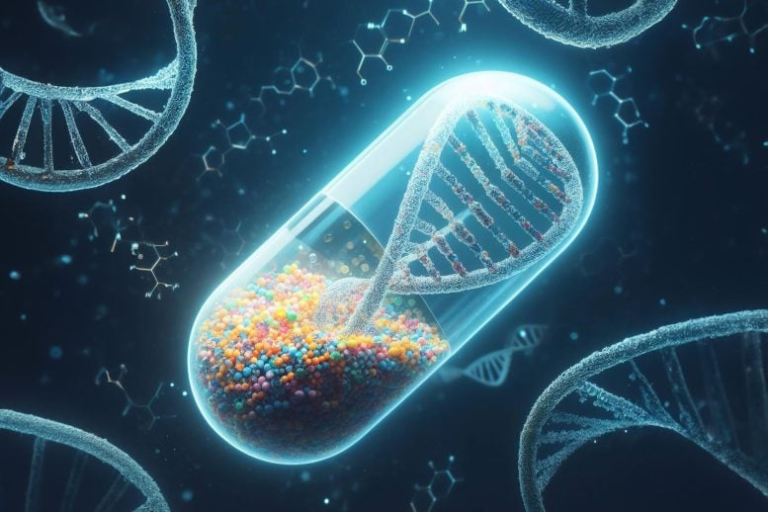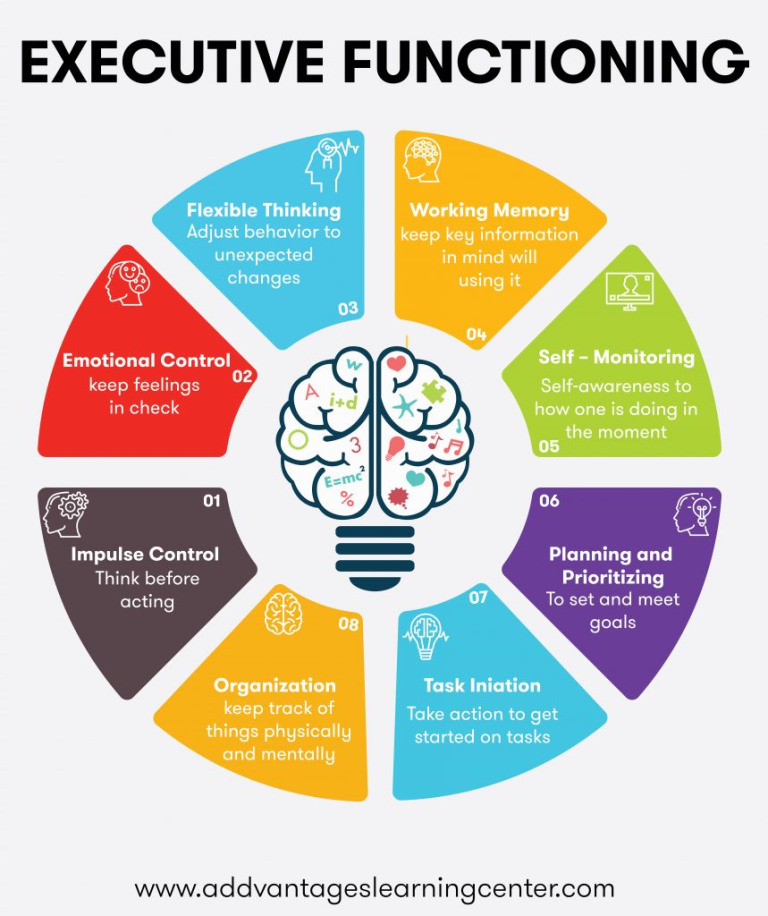Change in life is an inevitable part of the human experience, intricately woven into the fabric of our existence. Whether we embrace it or resist it, the reality remains that personal change occurs at every stage of our lives, subtly shaping our identities and experiences. As we navigate through various transitions, such as relationships, careers, and personal growth, we learn to adapt and evolve, highlighting the profound psychology of change. By understanding the significance of this dynamic process, we open ourselves to the possibility of positive change, which can lead to richer, more fulfilling lives. Through various self-improvement strategies, we can not only cope with change but also thrive amidst it, fostering resilience and growth in our personal narratives.
Life transformations are a constant in our journeys, often appearing in forms such as individual evolution, relationship adjustments, or even lifestyle shifts. Embracing life’s transitions helps us recognize the potential for growth that each period of our existence brings. As we consciously pursue change and accept the psychological aspects behind it, we can cultivate an environment that fosters self-betterment and empowers us to thrive. Moving past mere reactions to life’s hurdles, we can develop proactive self-improvement techniques that lead to personal development. In doing so, we equip ourselves with the tools needed to navigate the complexities of our life story.
The Psychology of Change: Understanding Our Motivations
At the core of every transformation lies a complex interplay of psychological factors. The psychology of change emphasizes our intrinsic motivations and external pressures. Whether it’s a conscious decision spurred by specific life goals or an unconscious adjustment due to evolving circumstances, understanding these motivations can empower us. For instance, the field of behavioral psychology suggests that the fear of failure can often stifle our willingness to embrace change. Conversely, when we harness our motivations effectively, we are more likely to initiate positive change, advancing not only in personal development but also in our overall well-being.
Moreover, the impact of societal norms and cultural expectations cannot be overlooked. For many, the desire to conform can hinder personal transformation. This phenomenon is often correlated with the resistance to change seen in various demographics. Psychology also provides insight into how perceived social pressure can lead to dissatisfaction with our current state, fueling a desire to seek improvement through various self-improvement strategies. The key lies in striking a balance between external influences and internal desires, allowing for both personal growth and authentic representation of self.
Embracing Change: Strategies for Positive Transformation
Embracing change is essential for personal growth and achieving our goals. The act of accepting change can transform reluctance into curiosity, allowing individuals to explore new horizons. One effective strategy for embracing change involves setting tangible goals that serve as milestones in our personal journeys. By breaking down significant transformations into manageable objectives, we can cultivate a sense of control and accomplishment along the way. This approach not only alleviates anxiety surrounding the unknown but also provides a clearer pathway to achieving meaningful change.
Another valuable strategy is fostering a growth mindset, a concept popularized by psychologist Carol Dweck. This perspective emphasizes the belief that abilities and intelligence can be developed through dedication and hard work. Adopting a growth mindset encourages individuals to approach challenges with resilience rather than fear. When faced with obstacles, reflecting on personal experiences—such as past instances of overcoming hardships—can reaffirm our ability to navigate change positively. This nurtures a willingness to take risks and opens doors to new opportunities that may not have been previously considered.
The Impact of Disillusionment on Personal Change
Disillusionment often acts as a double-edged sword in the context of personal change. On one hand, it can serve as a catalyst for transformation, prompting individuals to reassess their beliefs and values. The discomfort that accompanies disillusionment can lead to a deeper understanding of oneself and, ultimately, a redefined life path. As Richard Weissbourd notes, this dynamic can push individuals either toward bitterness or to develop a more comprehensive understanding of their reality. Recognizing this, those experiencing disillusionment can be encouraged to view it as an opportunity for growth, shaping their narratives in a more empowering light.
Conversely, the negative effects of disillusionment cannot be ignored. Persistent feelings of disappointment can lead to withdrawal and a reluctance to engage with the world. Many people may find themselves stuck in patterns of cynicism, which can hinder their openness to positive change. Acknowledging these feelings is crucial; by seeking support and employing self-improvement strategies, individuals can work through the complexities of their emotions. Importantly, cultivating resilience and a willingness to adapt in the face of disillusionment lays the groundwork for transformative change and fosters a more optimistic outlook on life.
Navigating Resistance: Understanding the Fear of Change
Understanding the psychology behind resistance to change reveals much about human behavior. Many individuals instinctively fear change due to its inherent unpredictability and the potential for discomfort. This fear often stems from a desire to maintain stability in familiar environments, leading to the stagnation of personal growth. As discussed in the podcast, this ambivalence towards change can lead us to cling to our past selves, inhibiting our ability to evolve. The challenge lies in confronting this fear; by recognizing and validating it, we can begin to dismantle the barriers that obstruct our potential.
One actionable approach to combatting this resistance is through gradual exposure to change. Instead of overwhelming oneself with drastic shifts, small, incremental changes can help build confidence and resilience. This strategy aligns with self-improvement principles, where each small victory lays the foundation for more significant transformations. As individuals learn to navigate their fears and step beyond their comfort zones, they not only embrace change but also foster personal development. The process becomes less intimidating and more about exploration and empowerment, leading to a more fulfilling life experience.
Transformative Life Events: Catalysts for Change
Life is rich with transformative events that can catalyze significant personal change. These pivotal moments—be it a career shift, the arrival of a child, or even the loss of a loved one—often force individuals to reevaluate their values and priorities. Such experiences may evoke a sense of urgency to embrace change as individuals search for meaning and fulfillment. In fact, research indicates that even traumatic events can lead to profound personal insight, igniting pathways toward healing and growth. As Mahzarin Banaji highlights, embracing a complex understanding of our realities can help us thrive amidst life’s challenges.
Moreover, recognizing how such events impact our psychological landscape provides invaluable insight into our capabilities for growth. During transformative life events, individuals often discover untapped strengths and resilience, leading them to redefine their sense of purpose. Acknowledging these changes fosters a commitment to ongoing self-improvement and a desire to actively shape one’s narrative moving forward. Ultimately, these experiences remind us that change is not only inevitable but often necessary for personal development and advancing towards a fulfilling life.
The Role of Society in Shaping Change
Societal perspectives significantly influence individual approaches to change. Communities and cultures play an essential role in shaping beliefs about personal transformation, often dictating what is deemed acceptable or beneficial. For instance, the self-help industry thrives on the societal narrative that improvement is necessary, pushing individuals toward constant self-reflection and growth. This cultural phenomenon can instill the belief that change is synonymous with success; however, it can also lead to unrealistic expectations and the pressure to conform. Understanding this dynamic is crucial, as it highlights the importance of approaching personal change with authenticity.
Conversely, societal pressures can also create resistance to change, especially in tightly-knit communities or traditional environments. Individuals may feel compelled to adhere to established norms, limiting their ability to pursue personal growth or transformation. It is essential to recognize these societal influences and explore how they shape our identities and experiences. By engaging in open dialogues about the inevitability of change and encouraging diversity in personal journeys, we can foster a more inclusive culture that celebrates transformation rather than stifling it. Thus, creating space for varied pathways of self-improvement can ultimately enrich our collective experience.
Harnessing Emotional Intelligence in the Face of Change
Emotional intelligence (EI) plays a pivotal role in navigating personal change, proving invaluable in how we respond to life’s transitions. Individuals with high EI can recognize and manage their emotions, enabling them to respond to change with resilience and adaptability. Understanding this concept, individuals can utilize emotional intelligence to confront fears surrounding change, fostering a healthier relationship with their evolving identities. By honing emotional regulation skills, one cultivates a more grounded perspective during turbulent times, allowing for a more fluid engagement with change.
Creating an awareness of one’s emotional responses also provides a platform for cultivating empathy. As people embark on their transformational journeys, the ability to understand and relate to others’ experiences can foster supportive environments conducive to change. By acknowledging shared challenges and triumphs, individuals can reinforce communal ties, potentially mitigating the fear of solitude that often accompanies change. Such collective engagement can transform periods of personal upheaval into opportunities for collective growth, strengthening bonds while promoting individual self-improvement and a shared understanding of the human experience.
The Evolution of Identity: Reflecting on Change Through Time
Identity is a fluid construct heavily influenced by the changes we experience throughout our lives. The evolution of identity reflects an ongoing process shaped by both intentional decisions and unexpected circumstances that compel us to grow. As we navigate different stages of life, our identities morph, prompting reflections on who we are and who we aspire to be. This evolution often challenges us to confront biases we may hold and encourages the development of a more nuanced perspective of self. Understanding that identity is not fixed allows for growth and adaptability, creating a healthier relationship with ourselves.
Moreover, reflecting on the evolution of our identities can illuminate the paths we’ve traversed. It opens up avenues for critical self-examination, allowing individuals to identify patterns and areas for positive change. Engaging in such reflection nurtures self-awareness, which is vital for informed decision-making as we seek to navigate future transformations. By validating and embracing the past, individuals can utilize their experiences as stepping stones rather than barriers, ultimately fostering resilience and a deeper understanding of what it means to pursue positive change in one’s life.
The Importance of Community Support During Change
Navigating change is often easier when supported by a community. The importance of community support cannot be overstated, as it plays a crucial role in our emotional well-being during transformative processes. Shared experiences and encouragement can inspire individuals to embrace their transitions, reinforcing the idea that they are not alone in their journeys. By cultivating open channels of communication among peers, communities become spaces for growth and understanding. Emotional bonds formed during moments of vulnerability can lead to stronger relationships and a shared commitment to personal improvement.
Additionally, community involvement fosters accountability, which can be vital for achieving personal goals. As individuals pursue changes, their commitments can be reinforced through the support of others. Group settings, such as support groups or workshops, often encourage positive change by promoting collaboration and shared learning. Listening to others’ stories of change strengthens our belief in our ability to grow, creating a culture where transformation is celebrated rather than feared. This collaborative approach not only enhances individual willingness to change but also reinforces community ties, ultimately leading to a more resilient society.
Frequently Asked Questions
How can embracing change impact personal growth?
Embracing change is a fundamental aspect of personal growth. It encourages individuals to step out of their comfort zones, learn new skills, and adapt to new circumstances, which are vital for self-improvement. When we accept the inevitability of change, we open ourselves to positive change, enhancing our resilience and capacity to thrive in various aspects of life.
What are some effective self-improvement strategies for dealing with change?
Effective self-improvement strategies for dealing with change include setting clear goals, practicing mindfulness to stay present, and cultivating a growth mindset. Being flexible and open to new experiences allows individuals to navigate personal changes more smoothly, turning potential challenges into opportunities for growth.
What does psychology say about the human ability for personal change?
The psychology of change suggests that humans are inherently capable of personal change throughout life stages. Research indicates that environmental influences, emotional experiences, and intentional efforts significantly contribute to personal evolution. Understanding this can empower individuals to take control of their path toward self-improvement.
How does disillusionment affect an individual’s capacity for positive change?
Disillusionment can have a profound impact on an individual’s capacity for positive change. While it may lead some to withdraw or become cynical, others might use it as a catalyst for self-reflection and growth. Recognizing disillusionment as a part of the change process can help individuals reframe their experiences and find new opportunities for meaningful change.
Why is resisting change often counterproductive for personal development?
Resisting change can be counterproductive for personal development because it creates internal conflict and stress. As noted by experts, ‘the more we resist change, the more we suffer.’ Accepting and adapting to changes fosters resilience, encourages innovation, and ultimately leads to growth and fulfillment.
What role does mindset play in personal change and growth?
Mindset plays a crucial role in personal change and growth. A growth mindset—believing that abilities can be developed through dedication and hard work—enables individuals to embrace challenges, learn from feedback, and persist in the face of setbacks. This perspective fosters a more positive outlook on the journey of change.
Can biases change over time, and how does this relate to personal change?
Yes, biases can change over time as individuals are exposed to new experiences and perspectives. This change is essential for personal development, as it allows for the evolution of beliefs and attitudes towards oneself and others. Engaging in self-reflection and education can promote awareness of implicit biases and facilitate transformative personal change.
How can individuals prepare for unexpected life changes?
Preparing for unexpected life changes involves cultivating emotional resilience, practicing flexibility, and maintaining an open mindset. Developing self-care routines and building strong social networks can provide support during transitions, enabling individuals to handle life’s uncertainties more effectively and fostering personal growth through adaptability.
What importance does self-acceptance have in the process of change?
Self-acceptance is vital in the change process as it forms the foundation for genuine growth. When individuals accept who they are, they can confront their challenges without harsh self-criticism. This acceptance creates a safe space for exploring personal change, allowing them to make authentic choices aligned with their values and goals.
How do societal pressures influence an individual’s view on change?
Societal pressures can significantly influence how individuals view change. In cultures that prioritize constant self-improvement and performance, individuals may feel compelled to change without first acknowledging their current needs and desires. This can lead to stress and dissatisfaction unless balanced with self-awareness and authenticity in the pursuit of personal change.
| Key Point | Details |
|---|---|
| Change is Inevitable | Experts agree that change is a constant in life, and resisting it can lead to suffering. |
| Impact of Disillusionment | Disillusionment can lead to bitterness or a broader understanding, impacting how we adapt to change. |
| Control Over Change | While some changes are intentional, many happen subconsciously due to life experiences. |
| Individual Readiness for Change | People differ in their openness to change, influenced by personality and life circumstances. |
| Effect of Mortality Awareness | As individuals age, an increased awareness of life’s finiteness can drive substantial personal change. |
Summary
Change in life is an inevitable aspect of the human experience. Embracing change can empower individuals to grow and adapt throughout their lives. Experts highlight that resisting change often leads to suffering, while acceptance allows for personal evolution and improvement. As we reflect on the insights from discussions around change, it’s vital to recognize that both intentional and unintentional alterations prompt us to reassess our identities, beliefs, and reactions to the world around us. Understanding this complex relationship with change not only shapes personal growth but also encourages a healthier perspective toward life’s unpredictable nature.









